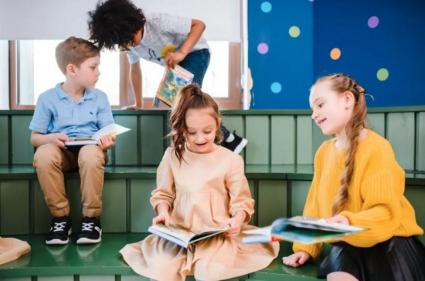
Preparing for life after secondary school begins before secondary school starts. One of the most important parts of planning for this transition is ensuring your children learn life skills. So, what are life skills? They are essential skills people use to get through their daily activities. They are skills people need to deal with unexpected situations and handle routine activities.
It is easier to understand if you think of the activities you do on a daily basis. For example, you get up at a certain time of day, shower, prepare meals, run errands, do laundry, etc. Many children pick up these tasks intuitively. However, they are not automatic for children with special needs.
Learning life skills should be part of your child’s IEP in primary school. Goals about learning life skills should also be included in your child’s IEP throughout secondary school.
Teaching life skills is an enormous task. Therefore, parents must share the responsibility and work on life skills with their children at home. The list below outlines categories of life skills and gives examples of specific skills for each category. Categories of life skills include:
-
Managing finances
-
Banking
-
Budget
-
Paying bills
-
-
Personal needs
-
Hygiene
-
Getting hair cut/style
-
Obtaining important documents
-
-
Obtaining and preparing food
-
Grocery shopping
-
Follow a recipe
-
Store food
-
-
Personal safety
-
Precautions to take at home and in public
-
What to do in emergency
-
Emergency contacts
-
-
Transportation and travel
-
Reading a map
-
Understanding public transport
-
How to get a taxi
-
-
Buying and caring for clothing
-
Doing laundry
-
Organising wardrobe
-
What to where
-
-
Finding and maintaining a living space
-
Looking for a flat
-
Cleaning
-
Rental documents
-
-
Personal health
-
Finding a doctor
-
Filling a prescription
-
Getting health insurance, medical card
-
-
Finding and maintaining a job
-
Looking for a job
-
What to where to work
-
Getting to work on time
-
-
Communication skills
-
Making and maintaining friendships
-
Personal space
-
Self-advocacy skills
-
-
Problem solving skills
-
Identifying when a problem exists
-
Where to get help
-
Coping with changes in routine
-
A full list of life skills is beyond the scope of this article, but the free resources listed below provide extensive information on life skills and the transition to adulthood:
- Transition Tool Kit (Autism Speaks)
- Life Journey Through Autism: A Guide for Transition To Adulthood (Organisation For Autism Research)
- Casey Life Skills – Free online assessment tool and Resources to Inspire Guide
- National Technical Assistance Center on Transition – Strategies for teaching a variety of functional life skills
- Planning for Life After School (National Council for Special Education)
- Life Skills for Vocational Success (Columbia Regional Program)







